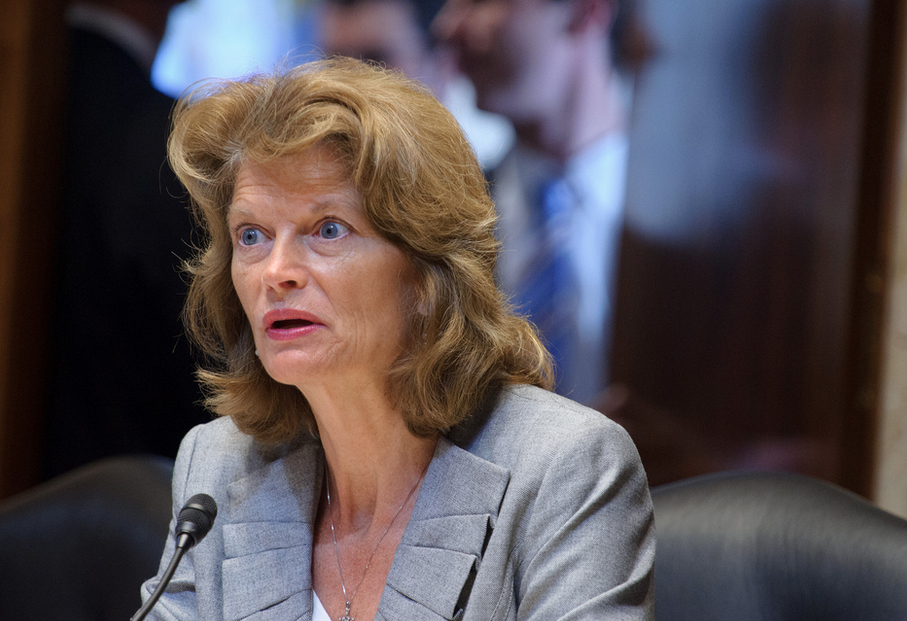WASHINGTON — Communities and healthcare providers urgently need federal funding to address twin mental health and substance abuse crises, healthcare experts and advocates told senators on Tuesday
“Almost 130 million Americans live in areas with less than one mental health care provider per 30 thousand people… this crisis affects all of us,” said Sen. Patty Murray (D-Wash.), who chairs the Senate Health, Education, Labor and Pensions Committee.
Sen. Lisa Murkowski (R-Alaska) said more than 80% of communities in her home state lack sufficient mental health providers, and Alaska has the second-highest suicide rate in the country.
“These are statistics that keep you up at night, not because they are numbers,” the senator said. “These are real people. These are from teachers. These are people in our neighborhoods, in our communities.”
A lack of a diverse, interdisciplinary workforce, especially in under-resourced communities, is a chief issue, experts told the lawmakers.
“We need to stop siloing, in health care in general (and) in mental health, this distinction that our mental health is separate from our physical health,” said Michelle Durham, a psychiatrist at Boston Medical Center. “We see often that people get lost because they go from one provider to another trying to get the treatment they need and deserve.”
Sen. Bob Casey (D-Pa.) noted that the implementation of an integrated care plan between physical and mental health remains limited, especially among primary healthcare providers.
Federal funding to train and staff providers who specialize in integrated care would be a significant step, said Mitch Prinstein, chief science officer at the American Psychological Association. Especially given the ongoing stigma surrounding mental health, integrated care may encourage more Americans to seek mental health support, he added.
“Walking into your physician’s office is not attached to stigma,” Prinstein said.
Sen. Bill Cassidy (R-La.), who introduced a bill last year to increase telemental health case access, spoke about virtual services as a solution for provider shortages.
Telemental health has proved effective for the Centerstone Research Institute, said Jennifer Lockman, who serves as CEO of the healthcare organization.
“We have seen that providing services via phone or telehealth has about the same outcomes as being seen face-to-face,” Lockman said. “It’s allowed our providers to see more patients, and it’s also allowed more people to come and have better access to care.”
Telemental health care has also allowed “incredible mobility” during the pandemic, Lockman added.
“You cut to the chase, you would highly recommend that Congress pass my bill,” Cassidy responded.
Claire Rhyneer, a recent high school graduate and youth mental health advocate, spoke of her personal experience with depression. Rhyneer emphasized the need to support school counselors, station social workers in schools and introduce wellness programs in schools and universities.
Her personal experience was “governed by confusion” because of a lack of mental health support and education in school, the Alaska native said.
“I need more than one hand to count the number of friends who have experienced suicidal ideation,” Rhyneer said. “The people who did not find any support, unlike me, are not here. Many of them will never be able to tell us their story, so we have an obligation to these youth to make a difference.”
Murkowski, who introduced Rhyneer, said federal funding for an expanded mental health workforce should be a priority in any future legislation — from shortages of school counselors to psychiatrists.
“My hope is that we build out a package focused on mental health (and) we really key in on workforce issues,” Murkowski said, “because I think we recognize that in all our states, we are sorely, sorely lacking.”


